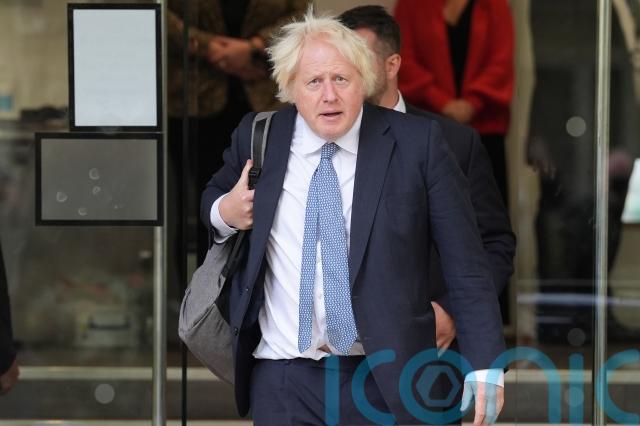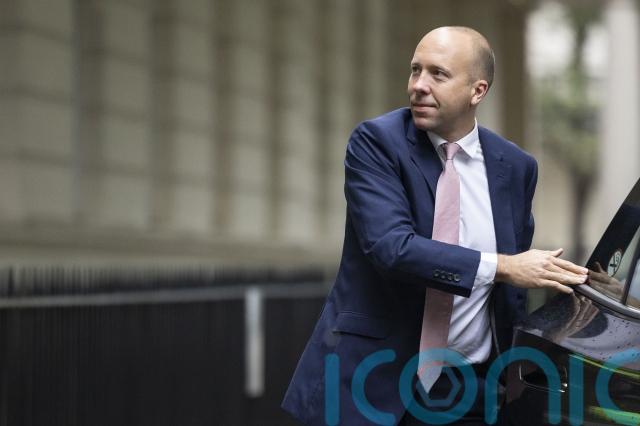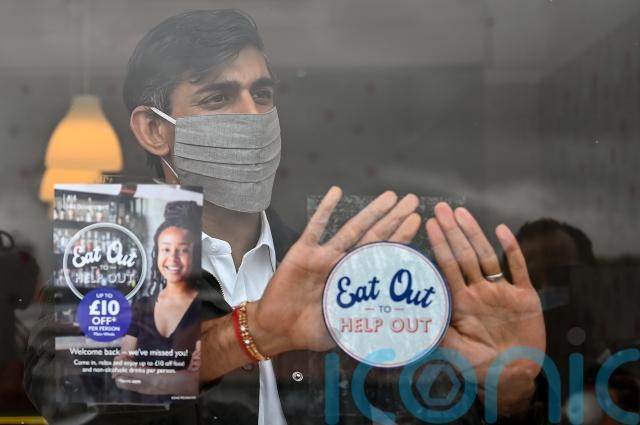
Boris Johnson and his top adviser presided over a “toxic and chaotic culture” in Downing Street that undermined efforts to deal with the pandemic, the Covid Inquiry has found.
Baroness Heather Hallett’s report on the response to Covid-19 criticised Mr Johnson’s excessive optimism in the face of the looming pandemic and “oscillation” on key lockdown decisions.
And she castigated his chief adviser, Dominic Cummings, as a “destabilising influence” who used “offensive, sexualised and misogynistic” language and “poisoned” the atmosphere in Downing Street.
Other key figures also came in for criticism, including then-health secretary Matt Hancock, whom she accused of not being “candid” enough about the UK’s ability to deal with the virus.
Below are the key findings of Lady Hallett’s report on each of the top figures in the UK government.
– Boris Johnson

Lady Hallett’s report accused Mr Johnson of failing to address a “chaotic culture” at the heart of the British government, in which “the loudest voices prevailed” and women were often “sidelined”.
In some cases, she said, Mr Johnson was “actively encouraging” such a culture, being “content” to let Mr Cummings make decisions that should have been taken by the prime minister and failing to “restrain or control” his chief adviser.
She said Mr Johnson failed to “exercise proper leadership in rectifying the toxic and chaotic culture adversely affecting decision-making”.
Lady Hallett also criticised Mr Johnson’s handling of the initial Covid outbreak and subsequent lockdowns.
She said he failed to appreciate the need for prime ministerial leadership on Covid soon enough due to his “optimism that it would amount to nothing” and scepticism regarding previous experiences of infectious diseases.
She also found his attention was on “other priorities”, with Covid not even featuring in the top five issues crossing his desk as late as mid-February 2020.
As a result, he did not chair a meeting of the emergency Cobra committee on the issue until March 2020, a fact Lady Hallett said was “surprising”.
By the time the government came to consider a second lockdown in the autumn of 2020, Lady Hallett said Mr Johnson “repeatedly changed his mind” over what action to take.
She said his “oscillation” led to delays imposing restrictions, enabling the virus to continue spreading “at pace” despite by this stage understanding “the importance of early interventions”.
Mr Johnson’s experience of the initial lockdown, Lady Hallett said, meant he “should have realised that, if there was a possibility that he would have to impose restrictions on the public, it would be beneficial to do so sooner rather than later”.
– Dominic Cummings

Mr Cummings was a “destabilising influence” on Downing Street who “materially contributed to the toxic and sexist workplace culture at the heart of the UK government”, Lady Hallett found.
In some of the strongest criticism included in Thursday’s report, the man who served as Mr Johnson’s chief adviser until November 2020 was accused of using “offensive, sexualised and misogynistic language” and launching a “misogynistic attack” on a senior civil servant.
Although Lady Hallett acknowledged Mr Cummings’s “ability” and commended his action in persuading the government to change course in early 2020, she said he had created a “culture of fear, mutual suspicion and distrust” that “poisoned the atmosphere” in No10.
She added he had “strayed far from the proper role of a special adviser” and “sought to make key decisions” that the prime minister should have made, and had likely broken the rules governing special advisers by levering out then-cabinet secretary Sir Mark (now Lord) Sedwill.
Before the report was published, Mr Cummings posted on social media that he had declined to read what it said about him, but dismissed its findings as “a mix of Inspector Clouseau, cover-ups, and rewriting history”.
– Matt Hancock

As health secretary at the start of 2020, Mr Hancock led the initial response to Covid, assuring fellow ministers that the UK was well-prepared for a pandemic.
But Lady Hallett said he gained a reputation among his colleagues for “overpromising and underdelivering”.
Accusing Mr Hancock of not being sufficiently “candid”, she said his assurances about the country’s preparedness and his department’s effective handling of the crisis were “unjustified”.
Lady Hallett also criticised Sir Chris Wormald, who was then permanent secretary at the Department of Health and Social Care and is now cabinet secretary.
She said he had failed to take action to “rectify the overenthusiastic impression” given by Mr Hancock, ultimately obscuring the need for more action.
– Rishi Sunak

The then-chancellor and future prime minister largely escaped criticism in Lady Hallett’s report.
But she found both he and Mr Johnson did not seek scientific advice on the “eat out to help out” scheme, which she said contributed to a feeling that the pandemic was over and “undermined public health messaging”.
She also repeatedly described him as “sceptical” about the need for further restrictions.
– Devolved leaders
Baroness Hallett found the country’s devolved leaders were too reliant on the UK government.
But she praised Scottish first minister Nicola Sturgeon as “a serious and diligent leader” and Welsh first minister Mark Drakeford as “careful and considered”, although she criticised his decision to attend a St David’s Day event in Brussels rather than a Welsh cabinet meeting in March 2020.
Lady Hallett was more critical of the response in Northern Ireland, where she said decision-making was “marred” by disputes between the DUP and Sinn Fein.
And she both criticised then-deputy first minister Michelle O’Neill for attending the funeral of senior republican and former IRA man Bobby Storey in June 2020, and then-first minister Baroness Arlene Foster of engaging in “inappropriate instigation of cross-community votes to make political points”.
Subscribe or register today to discover more from DonegalLive.ie
Buy the e-paper of the Donegal Democrat, Donegal People's Press, Donegal Post and Inish Times here for instant access to Donegal's premier news titles.
Keep up with the latest news from Donegal with our daily newsletter featuring the most important stories of the day delivered to your inbox every evening at 5pm.